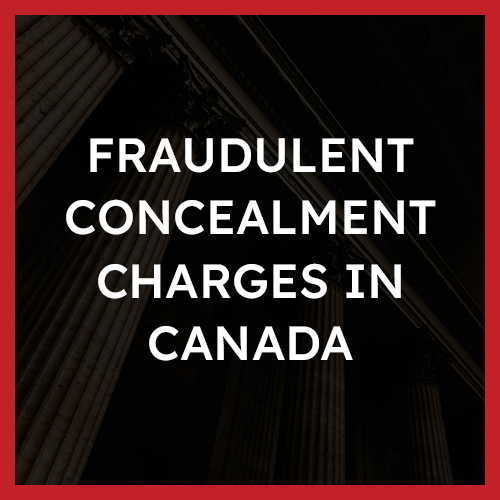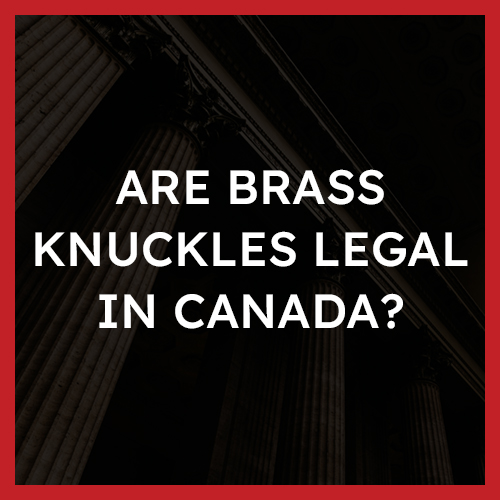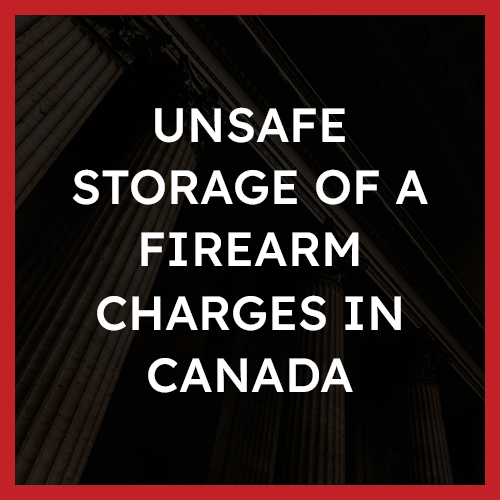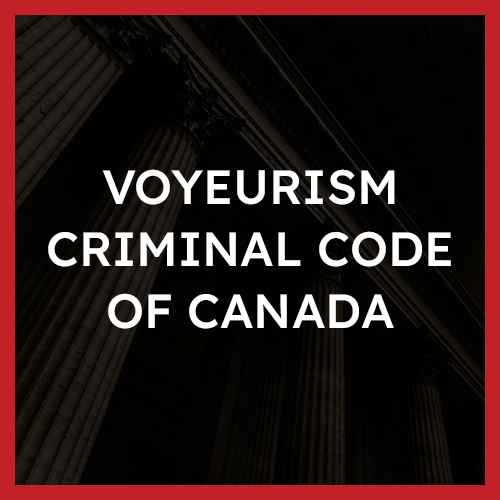Fraudulent Concealment (s. 341) Laws in Canada
 What is Fraudulent Concealment?
What is Fraudulent Concealment?
Fraudulent concealment is an offence under Section 341 of the Criminal Code of Canada.
This section may often be referred to as “embezzlement” in other contexts, such as an American crime drama television series. It makes it a criminal offence for everyone who, for a fraudulent purpose, takes, obtains, removes, or conceals anything, and is commonly investigated as a financial crime.
Examples of fraudulent concealment:
Some examples of the offence of fraudulent concealment may include::
- A person employed by a company falsifies a timecard recording the hours which they worked, or claim to have worked. This could also include falsification of overtime hours a person claims to have worked, or exaggerating the total amount of hours worked to receive a higher monetary payment.
- A person operating a Ponzi scheme guarantees a person who invests in their company/marketing scheme that they will receive a high return on investment. However, the person operating the scheme keeps the money for themselves instead of providing it to the investor, therefore defrauding them of their investment.
- A person misuses a company credit card to make an unauthorized purchase, by fraudulently obtaining financial benefit or benefit by misrepresenting the reason for the purchase and concealing information which may have resulted in showing the purchase was unauthorized, or would not have been pre-authorized.
- A person selling a property, as part of a real estate transaction, intentionally withholds information about a flaw in the property to the buyer.
- A person uses a forged or fraudulent passport in order to obtain entry into another country. Therefore, intentionally withholding information of their identity in order to obtain entry.
- A person withholds information, which is essential, to an insurance claim, in order to receive a monetary payment of a higher amount, or for their own financial gain.
- Another example which may provide perspective, and although the matter is before the courts in the United States, are the charges recently laid against former President Donald Trump. The allegations which have resulted in these charges, which constitute financial crimes, appear to be consistent with that of which the elements of the offence of fraudulent concealment under section 341 of the Criminal Code of Canada. For example, former President Trump was charged (under New York Penal Law) with falsifying business records where there is an intent to defraud, which includes the intention to aid or conceal a crime. By submitting business records which were false (fraudulent) with intention to hide or conceal a crime, this is consistent with fraudulent concealment.
Defences:
A strong defence to a charge of fraudulent concealment will vary depending on the circumstances of what occurred. However, some defences may be:
- The accused made an honest mistake or error. This may include mistaken belief that they took financial gain by way of expenses they had submitted, or a purchase they were reimbursed for, believing they were permitted under a civil agreement such as their employment contract, and failed to properly disclose it. This may also include failing to diligently review expenses prior to submission and making an honest error.
- The accused did not intend to mislead, and the concealment was merely the result of a lack of information, and was not intentional. This is closely related to an honest mistake, however, the available information may also play a factor.
- The identity of the accused, or the date, time, or location in which the offence occurred was not properly established by the police.
- There is a lack of material information which supports the allegation that the accused withheld or concealed information for a fraudulent purpose. This may include a lack of documented evidence, physical evidence, or witness testimony.
- Duress: if the accused was under considerable duress, or there were circumstances which may support this defence, an accused person should discuss this with their lawyer.
- The Charter: if evidence was obtained through an unreasonable search or seizure, such evidence can be excluded. Again, it is advisable to discuss the evidence seized and the totality of the circumstances with a lawyer.
Punishment:
The maximum penalty for a conviction under Section 341, if the crown proceeds by indictment/indictable offence, is a term of not more than two (2) years imprisonment.
Whether you intend to plead guilty to a charge under section 341, it is important to consult a lawyer prior. There may be factors which apply to your punishment/sentencing which are relevant and important for consideration, which may result in a lesser punishment.
Overview of the Offence
Fraudulent concealment is an offence under section 341 of the Criminal Code of Canada.
341 Every person who for a fraudulent purpose, takes, obtains, removes, or conceals anything is guilty of
(a) of an indictable offence and liable to imprisonment for a term of not more than two years; or
(b) an offence punishable on summary conviction
Section 341 is a dual/hybrid offence, which means the crown prosecutor can proceed by summary or by indictable offence.
The section defines the offence as intentionally concealing material information for a fraudulent purpose. This section is designed to protect persons from being defrauded or stolen from, and the elements of the offence include the purposeful act of concealing (or failing to disclose) relevant facts in order to defraud or mislead another party.
Fraudulent concealment may be referred to informally by some as “embezzlement”. Although this term is used in an American context, because it describes the theft of misappropriation of funds placed in a person’s trust, which belongs to their employer, the elements of the offence of fraudulent concealment may apply if you hear someone make this reference.
In order for a person to be convicted of fraudulent concealment in criminal court, the crown is required to prove their case beyond a reasonable doubt. The crown must also prove several elements of the offence, such as that a person or corporate entity was defrauded or there was financial loss. Proving the offence should include: confirming the accused’s identity, the date(s) and time(s) which the incident(s) occurred, the jurisdiction, that the accused intended concealing or withholding information in order to defraud the victim by causing loss. The presumption of innocence applies in that the accused is presumed innocent until convicted of the offence.
The Guilty Act (Actus Reus)
The actus reus for the offence of fraudulent concealment is established by proof, beyond a reasonable doubt, of the following:
- The accused concealed or withheld information material to a transaction for a fraudulent purpose
The Guilty Mind (Mens Rea)
The mens rea for fraudulent concealment is established by proof, beyond a reasonable doubt, of the following:
- The accused knowingly demonstrated an intention to deceive or mislead and that material information or facts were concealed
and
- The accused did so for a fraudulent purpose
Defences
How to beat a charge of fraudulent concealment
Each circumstance is different, and the best defence available is contextual based on the details. However, the following are some common defences that may be used against a charge of fraudulent concealment:
Proving the identity of the accused
There are several aspects to this defence, however, one may rely on whether there was evidence seized by the police, which directly implicates the accused. The accused’s identity, as well as the date, time, and location of the offence, are necessary for the crown to prove beyond a reasonable doubt.
Lack of Knowledge/Honest Mistake/No Mens Rea or Mental Intent
Lack of knowledge may also be raised as a defence in some circumstances if the accused can prove that they did not know that the material which they concealed was integral and caused them to benefit or gain an advantage.
This could also apply to circumstances where a person is accused of fraudulent concealment pertaining to employment and misuse of corporate credit cards. For example, if the accused was provided authorization by a supervisor or person in authority within the context of their employment. Another example in this context would be if the accused had not received adequate training as to what was required for submitting or reconciling expenses, or was trained incorrectly.
Ensuring the evidence was obtained lawfully
It is advisable to consult a lawyer in such circumstances, however, there may be circumstances where evidence was obtained from the accused person without their consent, and where they held a reasonable expectation of privacy. If this is the case, it is important to seek consultation from a lawyer to ensure that the accused’s rights under section 8 of the Canadian Charter of Rights and Freedoms were not violated. If they were, there have been circumstances where the courts have deemed the evidence seized in this manner inadmissible.
Evidence, and how it was seized, although always important to examine diligently, is especially so in circumstances of fraudulent concealment. For example, is a person is charged with fraudulent concealment in relation to an employment matter and information obtained from a laptop or cellular device was seized as evidence, it is important to determine the accused’s expectation of privacy in this context, and whether the police obtained warrants to search the devices, or were required to.
Punishments
The maximum penalty for a conviction under Section 341 is a term of imprisonment of up to two (2) years. The crown may choose to proceed either by indictable offence, or by summary offence.
Whether you intend to plead guilty to a charge under section 341, it is important to consult a lawyer prior. There may be factors which apply to your punishment/sentencing which are relevant and important for consideration, which may result in a lesser punishment.
Frequently Asked Questions
Is fraudulent concealment an indictable offence
Fraudulent concealment under section 341 of the Criminal Code of Canada is a hybrid offence. This means that the Crown prosecutor can choose to prosecute someone charged under 341 either by indictment or summarily.
Could I go to jail if convicted of fraudulent concealment?
Yes, the maximum penalty for fraudulent concealment is up to two years imprisonment.
Published Decisions
R v. Vanier, 1999 CanLii 20549 (CMAC) 6 CMAR 114
In this decision, the accused was found guilty of fraudulent concealment as a result of defrauding his employer of thousands of dollars. This included several charges, while employed by the Canadian federal government (Department of National Defence) obtaining airline tickets for his wife and daughter, and submitted a reimbursement/expense form to claim the expense to his employer, however, he did not actually pay for the airline tickets, and did not intend to use them, therefore committing fraudulent concealment.
You can read the full decision here.
R v. Marzouk 1994 CanLii 2796 (BC SC)
The accused was charged with several offences, including fraudulent concealment pursuant to section 341 of the Criminal Code of Canada. The accused unsuccessfully sought to obtain an American travel visa and therefore decided to travel to Canada as a visitor, on a commercial, international, flight using a forged Saudi Arabian passport. The accused subsequently gained entry to Canada using the forged passport. The accused was subsequently arrested and the passport was seized. In this circumstance, by intentionally using a forged passport, the accused’s intention was to deceive Canadian border services officials/customs officers, fraudulently concealing his own identity in order to gain entry to Canada.
You can read the full decision here.
R v. Goldstaub 1895 CanLii 169 (MB CA)
In a landmark, historic case, the accused was convicted of fraudulently concealing a quantity of goods, after receiving payment from an insurance company following fire damage to property. The concealment of the goods was for a fraudulent purpose, as the insurance companies were led to believe they had been destroyed, however, they had not been, and the accused received full payment. The conviction was held by the court of appeal.
You can read the full decision here.
About The Author
Ask A Question
We endeavor to respond to questions within 24 hours. If your matter is urgent, please call our office or submit a request for a free consultation.





 What is Fraudulent Concealment?
What is Fraudulent Concealment?

